.jpg)
Sewage Backup Awareness Campaigns: Promoting Health and Safety through Education
Sewage backup incidents can cause significant damage to properties and pose serious health risks to individuals. Promoting awareness about sewage backup and its prevention is crucial for maintaining a safe and healthy environment. Sewage backup awareness campaigns aim to educate the public about the causes, risks, and proper response to sewage backup incidents. These campaigns play a vital role in preventing potential sewage backup incidents and ensuring appropriate actions are taken in case of emergencies.
The Importance of Sewage Backup Awareness Campaigns
.jpg)
1. Preventing Sewage Backup Incidents: Sewage backup awareness campaigns focus on educating individuals about the factors that can lead to sewage backups, such as tree root intrusion, pipe blockages, and aging infrastructure. By raising awareness, these campaigns encourage proactive measures to prevent sewage backups, such as regular maintenance of sewage systems and proper disposal of items that can clog pipes.
2. Health and Safety: Sewage backup incidents can expose individuals to harmful pathogens, bacteria, and viruses present in wastewater. Awareness campaigns highlight the potential health risks associated with sewage backups, including gastrointestinal illnesses, respiratory problems, and skin infections. By educating the public about these risks, campaigns aim to promote safe practices, such as proper hygiene and protective measures during sewage cleanup.
3. Mitigating Property Damage: Sewage backups can lead to severe damage to residential and commercial properties. Awareness campaigns emphasize the importance of early detection and prompt response to minimize property damage caused by sewage backups. By educating individuals about the signs of sewage backups and the appropriate steps to take, campaigns help mitigate property damage and reduce the financial burden for affected individuals.
Components of Sewage Backup Awareness Campaigns
Sewage backup awareness campaigns utilize various strategies and resources to effectively educate the public. Some key components of these campaigns include:
.jpg)
1. Educational Materials: Campaigns often distribute brochures, pamphlets, and flyers that provide information about sewage backup causes, risks, prevention strategies, and appropriate response measures. These educational materials are designed to be easily understood by individuals of all backgrounds and ages.
2. Community Workshops and Seminars: Campaign organizers conduct workshops and seminars in communities to engage with residents and provide in-depth knowledge about sewage backup prevention and response. These events may include presentations by experts, demonstrations of preventive measures, and interactive discussions.
3. Online Resources: To reach a wider audience, campaigns utilize online platforms to provide information and resources about sewage backup awareness. This includes informative websites, social media campaigns, and online videos that highlight important aspects of sewage backup prevention and response.
The Role of Government and Non-Profit Organizations
Government agencies and non-profit organizations play a crucial role in organizing and funding sewage backup awareness campaigns. They collaborate with local communities, sanitation departments, public health agencies, and other stakeholders to raise public awareness about sewage backup risks and prevention strategies.
Government agencies provide support by allocating resources and funding for awareness campaigns, conducting research on sewage backup causes, and implementing regulations and guidelines for proper sewage system maintenance. Non-profit organizations often work in partnership with government agencies, serving as advocates for public health and safety. They contribute by organizing educational events, distributing information materials, and providing assistance to individuals affected by sewage backups.
Frequently Asked Questions (FAQs)
What are some common causes of sewage backups?
How can I prevent sewage backups in my property?
What should I do in case of a sewage backup incident?
By promoting sewage backup awareness through comprehensive campaigns, communities can work together to prevent sewage backup incidents, protect public health, and ensure a safe environment for all.
For professional sewage backup help and restoration services, contact Service Water Restoration Pros at 949-209-1582.



